Click here to listen to this blog post: |
AUDIOBOOKSMERCHGIFTSjoin email listACADEMIC BOOKSblog Author/
|
- Store
- Blog
- AUDIO BOOKS
- EBOOKS
- SEARCH
- Welcome
- GoFundMe
- TUCC
- Events
- READING GUIDE
- AUTHOR INFORMATION
- ARTIST BIO/PRICE
- NNEDI OKORAFOR BOOKS
- PODCAST
- LARUE'S HAND IN CLAY
- About Us
- FREQUENTLY ASKED QUESTIONS
- BOOK FAIR /SCHOOLS / CLUBS
- Photo Gallery
- EJP BOOK DRIVE
- Videos
- Newsletter/Articles
- Archives
- External Links
- Afriware Statement on COVID-19
- GREATER LAKES
- Afriware Merchandise
- AFFILIATE INFO
- SEBRON GRANT ART DESIGNS
- Mother's Day Bundles
- CARTOON
- ROBOTS
- STEM
AFRIWARE BOOKS CO. A COMMUNITY BOOKSTORE SERVING:
|
|
Melrose Park, IL
|
|
,AFRIWARE BOOKS, CO,
1033 SOUTH BOULEVARD, OAK PARK, IL 60302 708-223-8081 ONLINE SUPPORT: Thurs-Fri. 4-6pm Sat. 12-2pm, IN PERSON EVENTS: afriwarebooks.com/events |
Want to try a great website builder, try Weebly at: https://www.weebly.com/r/9SAD4V

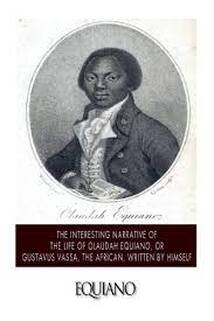
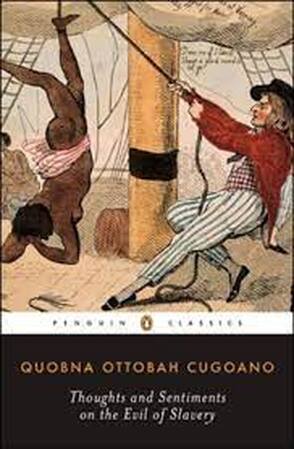
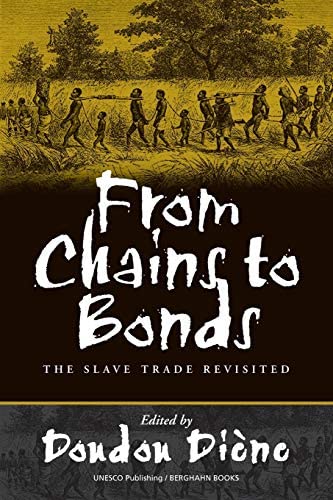
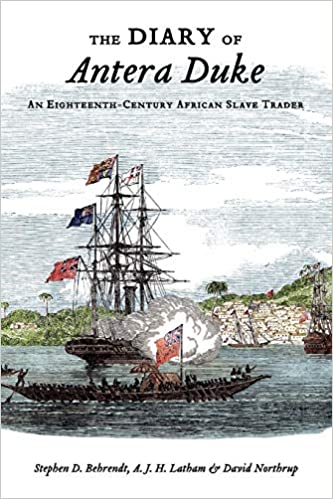
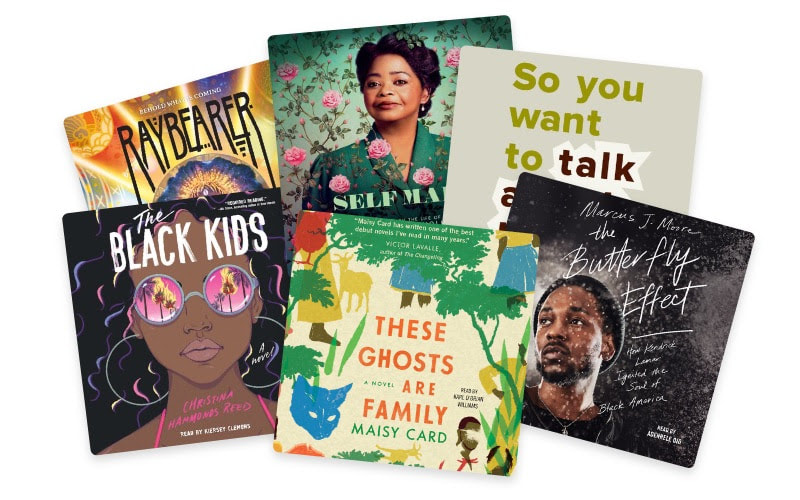
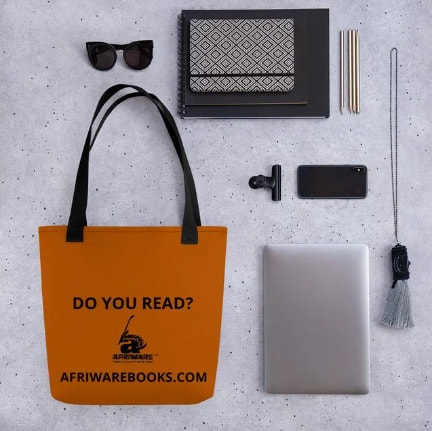
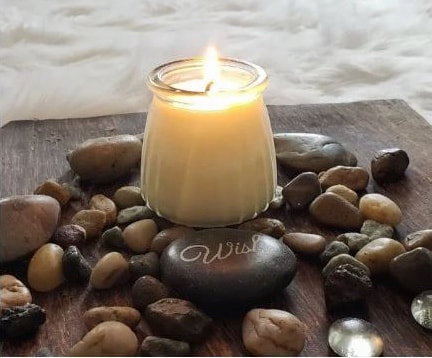


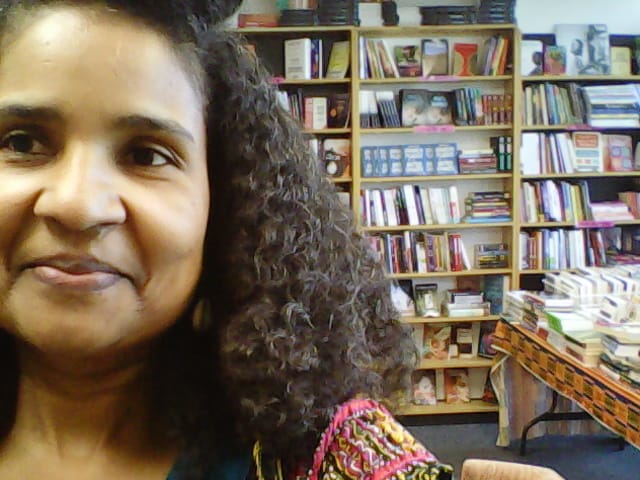
 RSS Feed
RSS Feed


